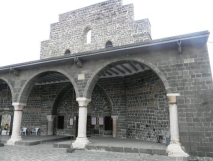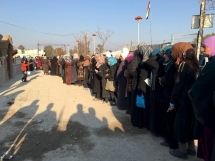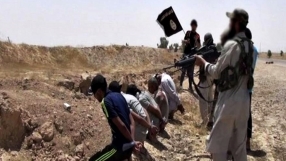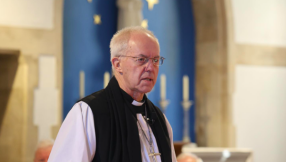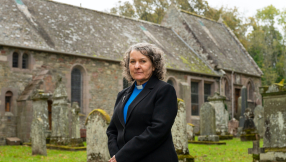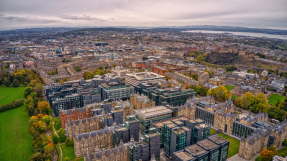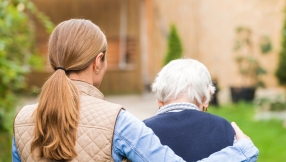An Armenian evangelical pastor believes that despite the dangerous situation faced by Christians in Syria, Christian leaders must remain and protect their churches and provide assistance to those displaced by the ongoing civil war.
Reverend Harout said he and his flock have chosen to remain in Syria because "we are feeling more responsible towards the people that we are serving and for all those struggling inside the country."
"This torn-apart nation needs people that are filled with the spirit and with love and compassion, and we are trying to be there as long as the war is there," Harout said, according to CBN News.
"We are very much concerned about all those who went out because we are hearing so many stories that they are not in good shape... Many still are living in social halls of the churches in Toronto, in other places," he added.
The Reverend's church reportedly serves as a centre for both Christians and Muslims and provides social and health services, especially to those displaced by the ongoing clashes in Aleppo, one of the many places captured by the terror group Islamic State (ISIS).
"We try and stretch hands and help especially when the water cuts off from Aleppo," Harout said.
The pastor said the church tries to share everything it has with the community "without any discrimination."
Many churches have been destroyed after ISIS took control of Aleppo, Syria's largest city, in 2014. Harout said as soon as places of worship are destroyed, they begin repairing the facilities "because the people need to feel some sense of stability amongst all the destruction around them."
Harout also said the church is trying to assist those who have fled Syria and now living as refugees and are not much better off now than before they left their homes.
He said some families have been calling the church informing of their plans to go back home to Aleppo.
Harout also expressed belief that their situation in Syria is a test of their Christian faith and that their presence there allows them "to witness and give testimony to the marvellous work that God is doing in our lives."
As the head of the Armenian Protestant churches in Syria, he said: "God called me to be here, and being a pastor is not for good days only, it's for all the time, it's for all days."












